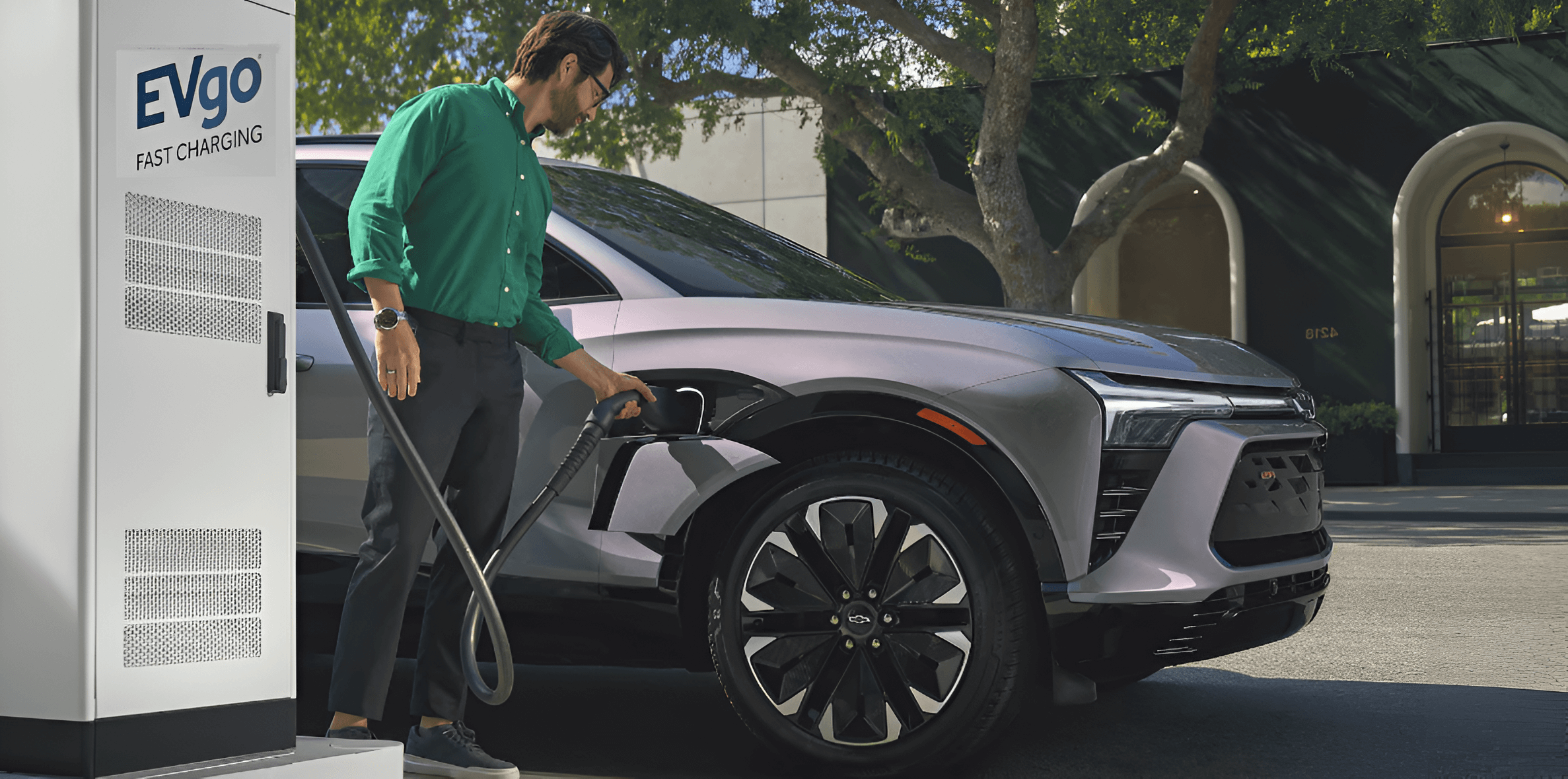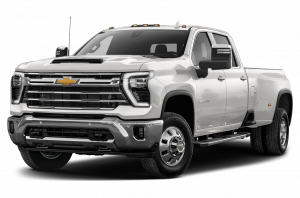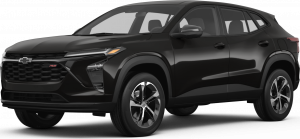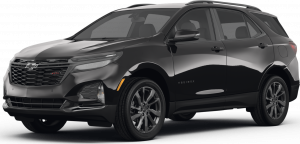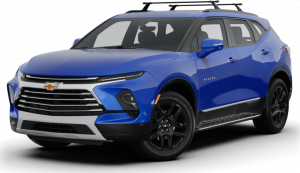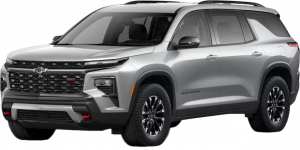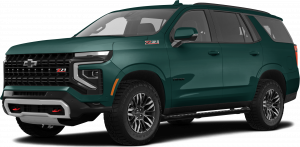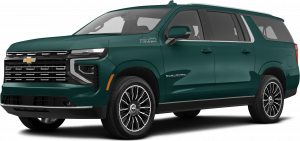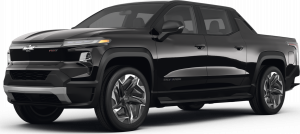In the picturesque city of Redlands, where innovation meets tradition, there's a growing buzz around electric and hybrid vehicles. It's not just about keeping up with the latest trends; it's about making informed choices for a sustainable future. As we navigate through the streets of our beloved city, the reasons to consider electric and hybrid options become clearer and more compelling.
Exploring Electric and Hybrid Vehicles: A Worthwhile Journey
Benefits of Electric Vehicles (EVs)
Electric Vehicles (EVs) are gaining popularity for many reasons, each contributing to a growing shift away from traditional internal combustion engine vehicles. Here are some of the key benefits of EVs:
-
Environmental Impact: EVs produce zero tailpipe emissions, reducing air pollution and contributing to cleaner air and a healthier environment. By utilizing renewable energy sources for charging, their carbon footprint can be minimized further.
-
Lower Operating Costs: Electric vehicles are cheaper to operate than their gasoline counterparts. Electricity costs less than gasoline on a per-mile basis, and EVs require less maintenance since they have fewer moving parts, no oil changes, and experience less wear and tear on brakes due to regenerative braking.
-
Performance: Many electric vehicles offer impressive acceleration and torque from a standstill, providing a smooth and responsive driving experience. This is because electric motors can deliver maximum torque at zero RPM.
-
Energy Efficiency: EVs convert over 60% of the electrical energy from the grid to power at the wheels, whereas conventional gasoline vehicles only convert about 20% of the energy stored in gasoline.
-
Convenience: Charging an EV can be done at home overnight, eliminating the need to visit gas stations for most daily needs. Public charging infrastructure is also growing, increasing convenience for longer trips.
-
Incentives: Many governments offer tax credits, rebates, and other incentives to lower the initial cost of EVs and encourage their adoption. Additionally, EV drivers may benefit from perks like access to carpool lanes and reduced toll rates.
What is a Hybrid Vehicle?
A Hybrid vehicle is a type of automobile that utilizes more than one form of onboard energy to achieve propulsion. In the most common form, known as a hybrid electric vehicle (HEV), it combines an internal combustion engine (ICE) with one or more electric motors powered by batteries. The key feature of hybrid vehicles is their ability to store the electrical energy generated during braking (regenerative braking) and use this energy to assist the ICE in propelling the vehicle. This synergy between the electric motors and the gasoline engine allows hybrids to consume less fuel and emit fewer pollutants than conventional vehicles powered solely by gasoline or diesel engines.
Difference Between EV and Hybrid Vehicles
The primary difference between Electric Vehicles (EVs) and Hybrid Vehicles lies in their powertrain and how they generate the power needed to drive the vehicle.
-
Electric Vehicles (EVs) are powered entirely by electric motors, using energy stored in batteries. They need to be charged from an external source, like a home charger or public charging station. EVs produce zero emissions from the vehicle itself and rely solely on the electricity provided by the battery.
-
Hybrid Vehicles, on the other hand, combine an internal combustion engine (ICE) with one or more electric motors that use energy stored in batteries. The battery in a hybrid vehicle is charged through regenerative braking and by the internal combustion engine, not requiring external charging. Hybrids can operate in electric-only mode for short distances, use the ICE for longer distances, and combine both power sources for improved efficiency and performance. The main types of hybrids include:
- Traditional Hybrid: Automatically switches between the electric motor and gasoline engine, optimizing for fuel efficiency.
- Plug-in Hybrid (PHEV): Can be charged externally to provide a longer electric-only driving range before switching to traditional hybrid operation.
In essence, EVs are suited for those looking to fully embrace electric driving and eliminate tailpipe emissions, while hybrids offer a bridge technology, providing improved fuel efficiency and lower emissions compared to conventional vehicles without the need for a charging infrastructure.
Benefits of Hybrid Vehicles
Improved Fuel Efficiency: One of the most significant benefits of hybrid vehicles is their superior fuel efficiency compared to traditional gasoline-powered vehicles. By using electric power to assist the gasoline engine, hybrids can achieve higher miles per gallon (MPG), reducing both fuel consumption and operating costs over time.
Reduced Emissions: Hybrid vehicles produce fewer tailpipe emissions than their ICE-only counterparts. The electric motor's assistance reduces the reliance on the gasoline engine, leading to lower carbon dioxide (CO2) and other harmful emissions, contributing to cleaner air and a healthier environment.
Regenerative Braking: Hybrids use a technology called regenerative braking to convert the vehicle's kinetic energy into electricity, which recharges the battery. This process not only saves energy but also reduces wear and tear on the braking system, potentially lowering maintenance costs.
Versatility: Unlike fully electric vehicles (EVs), hybrids do not suffer from range anxiety since they can still operate on gasoline when the battery's energy is depleted. This makes them a more versatile option for long-distance travel without the need for frequent stops to recharge.
Incentives and Tax Benefits: Many governments offer tax incentives, rebates, and other benefits to encourage the purchase of hybrid vehicles. These incentives can make hybrids more affordable and attractive to consumers looking to reduce their environmental footprint and fuel expenses.
Performance: Hybrid vehicles often provide a smoother and quieter ride compared to traditional vehicles, especially in electric mode. The instant torque provided by electric motors can also improve acceleration and overall vehicle performance.
Supporting Renewable Energy Transition: By integrating electric power into their operation, hybrids play a crucial role in the broader transition towards renewable energy and sustainable transportation. They serve as a stepping stone towards fully electric vehicles, making consumers more accustomed to electric driving experiences.
Your Guide to Electric and Hybrid Options in Redlands
In the heart of Redlands, where the future meets tradition, Tom Bell Chevrolet is leading the charge towards a greener, more sustainable future with our wide selection of electric and hybrid vehicles. Whether you're looking to make a positive impact on the environment, enjoy the economic benefits of lower running costs, or simply revel in the latest automotive technology, we invite you to explore our new inventory and pre-owned options. At Tom Bell Chevrolet, we're not just about selling cars; we're about fostering a community of forward-thinkers ready to embrace the shift to electric and hybrid driving. Dive into our Tom Bell Customs for something truly unique, or check out our special offers to find your dream vehicle at an unbeatable price. Visit us today, learn more about us, and schedule a test drive to experience the future of driving. Let's drive towards a cleaner, greener Redlands together.
In Redlands, we're known for our vibrant community spirit and our commitment to preserving the beauty of our surroundings. Exploring electric and hybrid vehicle options is a step towards a sustainable future for our city and our planet. It's about making choices today that ensure a cleaner, greener, and more prosperous tomorrow for everyone.
As we continue to witness the evolution of the automotive industry, let's stay curious and open-minded. The journey towards electric and hybrid vehicles is not just about adopting new technology; it's about embracing a lifestyle that aligns with our values and aspirations. Together, we can make a difference, one electric mile at a time.

